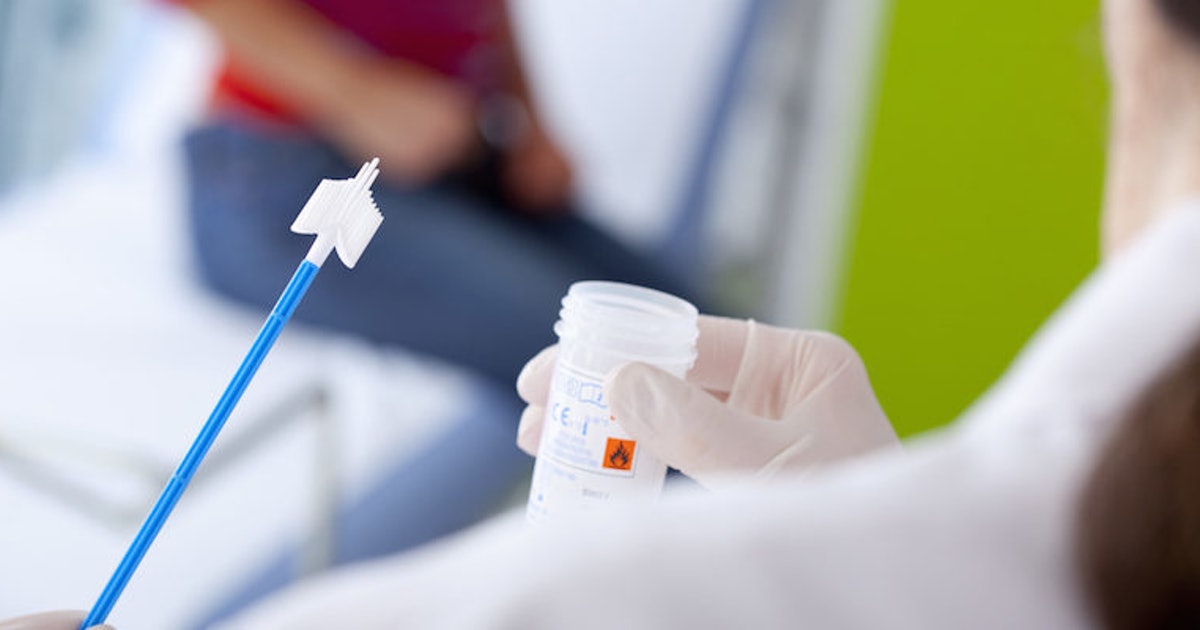Essential Health Screenings All Women Should Have Done
When it comes to one's health, the best way to beat a disease is to take preventative measures. No one wants to spend more time in a doctor's office than they have to, but going through the necessary screening significantly increases the survival rate when a disease is caught in its early stages. Preventative care is more likely to be covered by insurance than some forms of treatment.
Women need to be proactive when it comes to taking care of their health. Preventative care is crucial when it comes to doing this. This type of care can prevent serious health issues from getting out of hand. This will often not only save patients money in the long run, since less invasive or intense treatment often costs less, it also helps reduce the likelihood of serious and lasting consequences and side effects from the health issues themselves.
Learn about all of the essential health screenings all women should undergo now.
Regular Physical Exam

A regular physical exam is important because it helps patients detect and prevent many health conditions early. There's no guarantee for what a physical exam will look like. An annual physical exam generally begins by doctors checking the patient's health history. Patients can bring up any concerns or questions they have about their health, and their doctor will ask patients about their lifestyle and vaccination status. The doctor will also check the patient's vital signs like blood pressure, temperature, heart rate, and respiration rate. A doctor might listen to the patient's heart to check them for heart disease or their lungs to check for lung issues. They may also do a head and neck exam by looking at the patient's teeth, tonsils, and other areas of the face. For women, their annual physical can often be combined with other essential health screening tests, including the mammogram and Pap smear.
Learn about these screening tests next.
Pap Smear

Over the past fifty years, the death rate from cervical cancer has declined by more than seventy-four percent thanks to regular screening. A Pap smear entails a swab of cells from a woman's cervix. Typically, a woman's first Pap smear should be when they reach twenty-one years old, roughly, or when they become sexually active. Women should undergo Pap smears once every three years up until they turn thirty years old. After this point, the American Cancer Society states women between thirty and sixty-five years old can have a Pap smear once every five years provided they are tested for the human papillomavirus at the same time. After a woman reaches sixty-five years old, they no longer require the test provided they do not have serious risk factors for cervical cancer and if their past Pap smears have come back normal. Women who receive abnormal tests will typically need to undergo another Pap smear immediately, and anyone whose test comes back with indicators of cervical cancer will need to discuss the appropriate course of action with their doctor.
Discover additional health screenings all women should have now.
